Adopting sustainable practices, currently, requires a substantial initial investment
June 9, 2023 12:59 pm
Vineet Seth, Managing Director – South Asia & Middle East, Mastercam APAC, proposes using advanced AI tools within the machine tools industry to analyse demographic data, aiming to foster innovation, research, and sustainable manufacturing. He opines that the national machine tools apex body could potentially undertake this endeavour.
How does Mastercam India position itself as a leading provider of computer-aided manufacturing (CAM) software solutions in India?
Mastercam is India’s No. 1 provider of computer-aided manufacturing (CAM) software solutions, offering diverse solutions that cater to the needs of various industries – including aerospace, automotive, medical, consumer products, and more.
Mastercam India’s product range includes Mastercam 2.5D thru to Multiaxis Mill, Mastercam Lathe & Mill-Turn, Mastercam Router, Mastercam Wire, Mastercam Swiss, and Special Add-ons such as Blade Expert and Port Expert. These products enable manufacturers to create complex parts with high precision and efficiency. Additionally, we offer various training and certification programs to help customers improve their skills and get the most out of the software.
In our business operations, we deliver technical support to clients through a reliable network of skilled resellers and partners. Additionally, we promote our products and services to potential customers through technical events and participation in trade exhibits. Furthermore, we actively foster interest in modern manufacturing among students and educators by consistently engaging with universities and educational institutions. In the Indian market, Mastercam India has established itself as a leading, dependable, and creative provider of CAM software solutions. With our wide range of products and dedication to customer service, we are in a good position to satisfy the changing demands of the nation’s manufacturing environment.
How has software integrated technological advancements to enhance its capabilities and performance?
Mastercam is an advanced computer-aided manufacturing (CAM) software program that is continuously evolving to keep pace with technological advancements. It has undergone updates incorporating new technologies to enhance its functionality and performance. Notably, the introduction of Dynamic Motion Technology stands out as a crucial innovation within Mastercam. This technology utilises improved tool-path algorithms to optimise machining operations, reduce cycle times, and extend tool lifespan. By leveraging this technology, machining can be carried out more efficiently and effectively, minimising tool and equipment damage.
Mastercam has expanded its capabilities to encompass hybrid machining and 3D printing, both additive manufacturing processes. This expansion empowers users to create intricate geometries and previously challenging or impossible structures using conventional machining techniques. Furthermore, Mastercam has embraced cloud-based solutions, enabling users to access their software and data from anywhere, facilitating a more flexible and collaborative workflow.
Regarding business practices, we have substantially invested in enhancing our customer support services, including online tutorials, community forums, and live assistance. These efforts have enabled users to receive prompt and efficient support, addressing their concerns and improving their proficiency. Amidst the Covid pandemic, we made our essential courses on Mastercam available for free through our online training portal, Mastercam University, to anyone interested in learning. This initiative continues to be offered at no cost, even today.
On the collaboration and partnership front, we have established partnerships with various technology companies and industry associations to provide our customers with more comprehensive solutions, knowledge and consulting. Additionally, we continue collaborating with universities and educational institutions to bridge the gap between academia and industry.
What challenges are faced while implementing sustainable manufacturing practices?
Implementing sustainable manufacturing practices in the Indian context poses several challenges influenced by various factors. Firstly, adopting sustainable practices requires a substantial initial investment, which can be particularly burdensome for many manufacturers, especially MSMEs. Given the prevalent cash flow and capital constraints, limited funds for acquiring new technologies, equipment, and infrastructure exacerbates this challenge. While startups may include sustainability in their business plans, achieving profitability and recovering costs may take a relatively longer time.
Another hurdle is the resistance to change. Manufacturers often need to exhibit more support to alter their existing processes and invest in new technologies due to concerns surrounding productivity, profitability, and risk. Additionally, the complexity of supply chains poses a significant challenge, particularly for small and medium-sized manufacturers. Managing intricate supply chains encompassing suppliers, distributors, and customers becomes even more demanding due to legacy processes, inadequate IT adoption, logistical obstacles, compliance, and regulatory issues.
In what ways does the machine tools industry bring competitive improvement in business?
To foster innovation, research, and sustainable manufacturing within the machine tool industry, it is advisable to utilise advanced AI tools for gathering, refining, and analysing comprehensive demographic data. This data can be further enhanced by tapping into the industry’s vast expertise. The national machine tool apex body can spearhead this initiative, leading to the development of next-generation machine tools that offer increased productivity and efficiency to consumers in the region.
While there may already be some ongoing initiatives in this regard, a synchronised and concentrated effort will significantly amplify the competitive edge of local machine tool manufacturers.
What is your opinion about technologies leveraging complex equipment part manufacturing in India?
In recent years, many manufacturing organisations have been leveraging technologies such as 3D Printing, Hybrid Manufacturing, Augmented Reality and AI/ML to make processes more intelligent. These technological adoptions have enabled manufacturers to produce high-quality parts with greater precision and efficiency while increasing competitiveness and customer satisfaction. A very large & well-known business recently reduced manufacturing time by 50 percent for a nuclear power plant component using 3D printing. Similarly, two leading automotive & aerospace OEMs in the country have added AR and AI capabilities, respectively, to troubleshoot Engine related issues, as also increase reliability by continual & real-time monitoring thru electronic sensors – connected to the cloud. Ultimately, this has led to optimised performance, resulting in significant cost savings and improved customer safety. These examples demonstrate the potential new-age technologies hold in transforming complex part manufacturing in the country, thereby improving the overall competitiveness of manufacturing.
Could you provide more details about Mastercam’s efforts in promoting sustainability and reducing its environmental impact?
At Mastercam, being green reduces the company’s carbon footprint and embraces sustainable living methods that preserve the environment. Emphasis is placed on utilising clean, renewable products and energy. The corporate headquarters is heated and cooled with geothermal heat pumps. Our solar hot water array provides domestic hot water for the building. The excess hot water will boost our geothermal system in the heating season. We have three separate solar arrays for 220 kw to offset remaining energy costs. We make about 250-megawatt hours per year- 250 MWH. The arrays meet up to two-thirds of the building’s electrical demand. All remaining electricity demand is purchased at a green premium and consists of a mix of landfill gas, wind, and hydro-generated electricity.
On a smaller scale, the building is equipped with Motion sensors, efficient LED and T8 fluorescent lighting, energy-efficient windows and doors, Low water usage plumbing fixtures, and A fresh air exchange system with an energy recovery unit. In addition to this, the corporate campus is equipped with – Electric vehicle charging stations, An employee-managed composting program, Employee gardens which use compost, Company kitchens with glasses, dishes, flatware, and energy-efficient dishwashers and also all Mastercam brochures are printed on FSC-certified paper that is a product of sustainably managed forests.
How has your collaboration with technical partners and user input influenced the development of new technologies?
At Mastercam, our primary focus has always been delivering an exceptional CAM experience to our valued customers and users. We will continue collaborating with technical partners worldwide and seek our users’ input on what they want Mastercam to deliver for their manufacturing needs. As a result, some of the new technologies we have rolled out, such as Industry 4.0 connectivity, support for 3D Printing and Hybrid Manufacturing, Embedded 3D metrology capability, Cloud connectivity for Tool Database systems and many more, are a result of this collaboration.
Furthermore, we are committed to investing in numerous initiatives to adapt to the evolving market dynamics and meet the changing demands of our customers. We are also expanding our global presence, providing education and training programs to help customers and partners develop skills and knowledge in advanced manufacturing practices.
Cookie Consent
We use cookies to personalize your experience. By continuing to visit this website you agree to our Terms & Conditions, Privacy Policy and Cookie Policy.




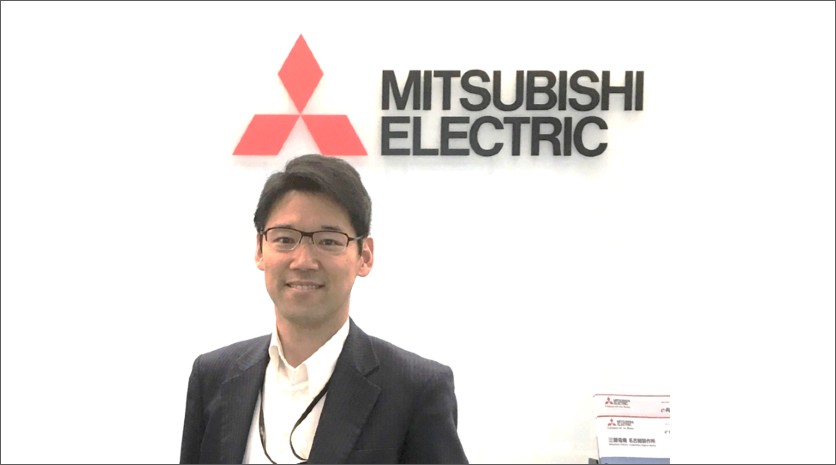

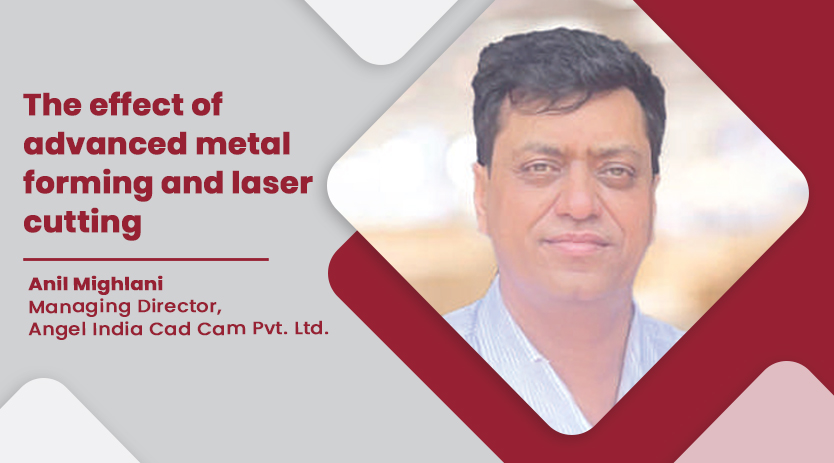

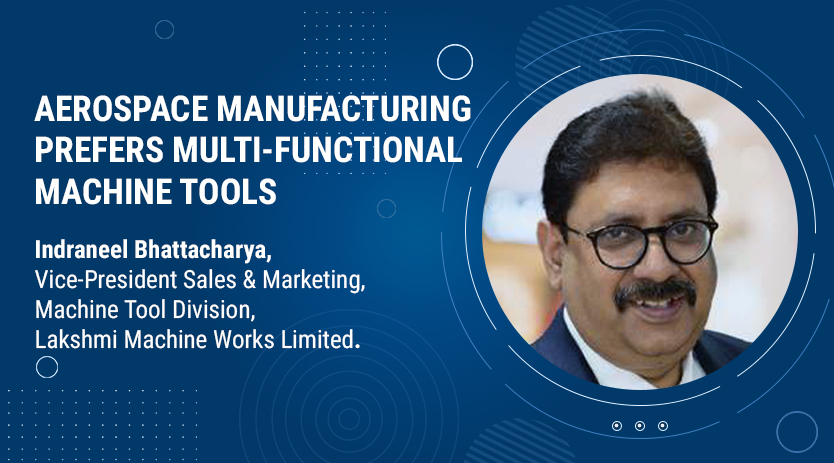
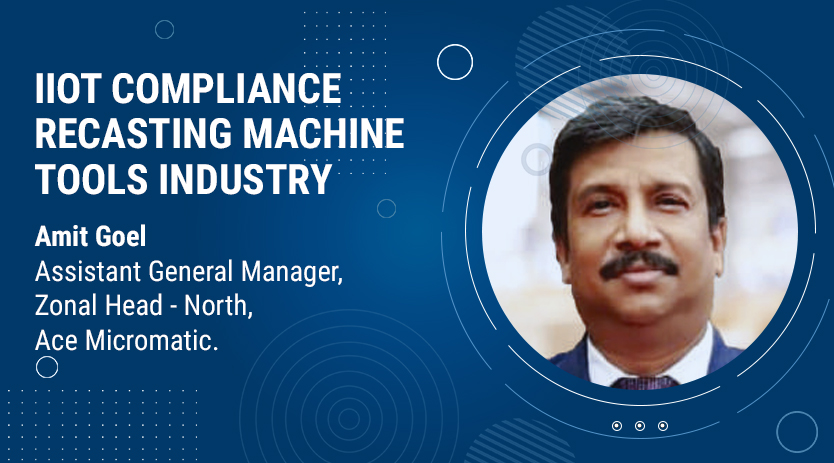
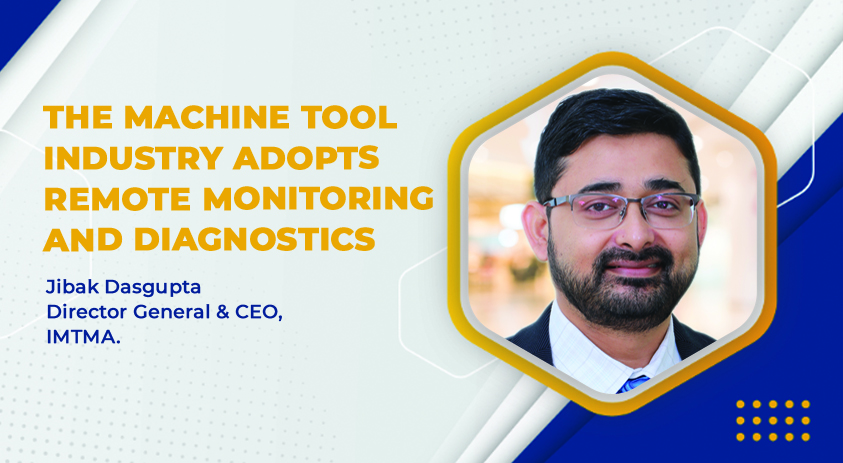
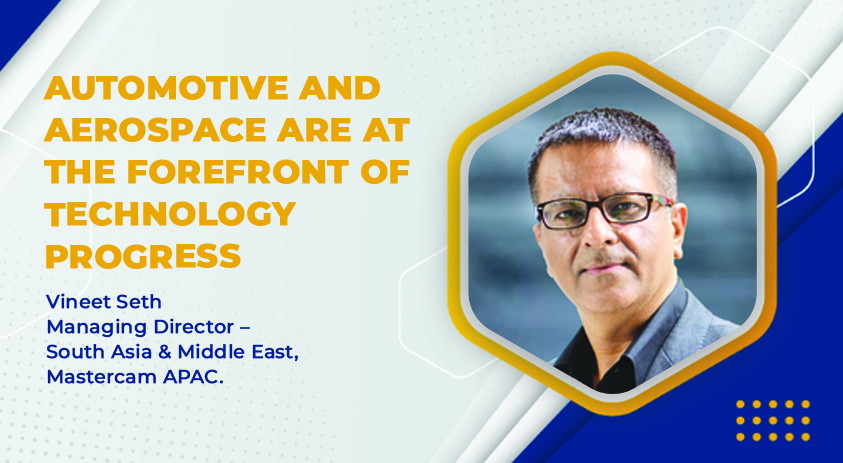
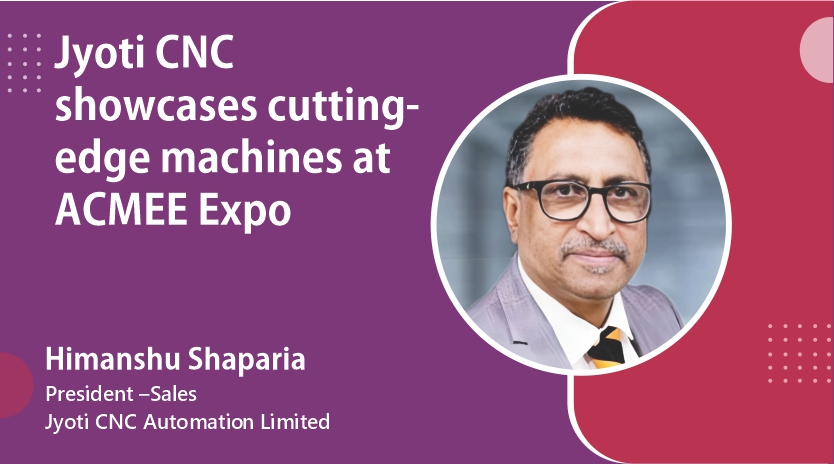
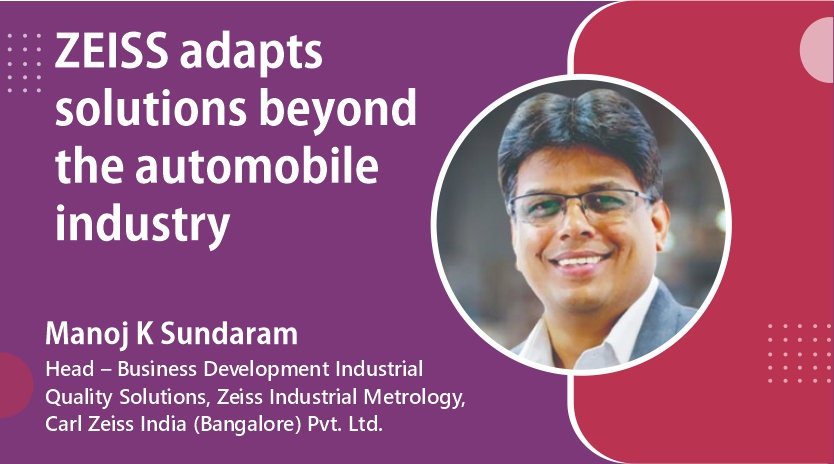



 English
English Hindi
Hindi